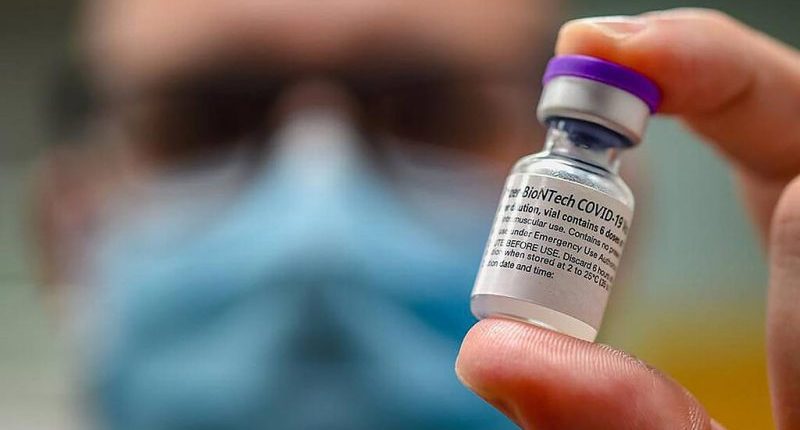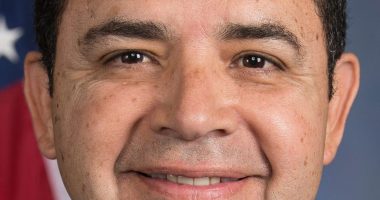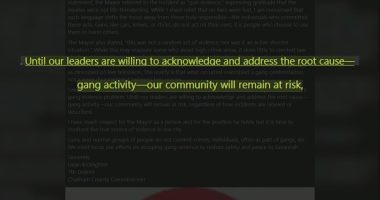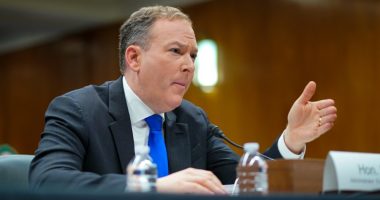Share this @internewscast.com

(NEXSTAR) – A newly enacted policy by the Trump administration could restrict which Americans are eligible for a COVID booster as the respiratory virus season approaches this fall and winter.
The Trump administration announced last week that it will restrict authorization for seasonal COVID-19 shots to seniors and individuals at high risk, pending further data on the rest of the population. This decision raises concerns about whether those not deemed “high risk,” who may still want the vaccine, will have access to it.
What is the change in COVID vaccine guidance?
In recent years, vaccine guidelines have recommended that all Americans aged 6 months and older receive an annual booster shot to combat COVID-19. These vaccines are updated yearly to specifically address new and prevalent variants.
Now, the Food and Drug Administration says routine vaccine approvals will be limited to seniors and younger people with underlying medical risks, unless there is new research that shows the vaccine prevents severe disease, hospitalization, and death for healthy adults and children. The new framework urges manufacturers to do new clinical trials to prove the vaccines’ value in those healthier groups.
Will I have a harder time getting a COVID booster shot?
The FDA’s decision could make it more difficult for anyone who wants one to get an updated version of the booster shot, explained Libby Richards, a professor of nursing at Purdue University, in an article for The Conversation.
The FDA said it would still routinely approve new vaccine versions for those 65 and older or anyone with risk factors for severe illness from COVID-19. Those underlying conditions include asthma, cancer, chronic kidney or heart disease, diabetes, and pregnancy, among others.
There are other risk factors, like “physical inactivity,” that are also listed in the FDA article published in the New England Journal of Medicine, said Richards. That one is difficult to define, and it’s not clear how it will be judged if someone qualifies as active or inactive.
It’s also unclear how people who live with high-risk, vulnerable people will be treated. Caregivers or those who live with immunocompromised people may want to seek the vaccine to prevent making their loved ones sick, but don’t technically qualify under the updated FDA guidance unless they’re at risk of severe illness themselves.
Normally, Richards added, the FDA decides whether a vaccine is safe and effective, and it’s the the Centers for Disease Control and Prevention who makes recommendations on who is eligible to receive it.
The CDC’s advisory panel typically meets in June to make its own recommendations about the fall shots. The CDC panel could choose to grant access to everyone, or recommend the shots more strongly to high-risk groups (but still give lower-risk people their own choice to get a booster).
Another concern, even if the shot remains available to anyone who wants it, is whether insurers will continue to cover it for healthy adults and children given the updated FDA guidance.
“I’m certain that this will in fact mean that payers will not pay for the vaccines for many, many people who want to receive the vaccine and I think that’s a mistake,” said Michael Osterholm, director at the University of Minnesota’s Center for Infectious Disease Research and Policy, in an interview with NPR.
“The new, narrower FDA approval will likely reduce both access to COVID-19 vaccines for the general public and insurance coverage for COVID-19 vaccines,” Richards agreed.
While demand for vaccinations has dropped, the CDC estimates 30,000 to 50,000 adults have died from COVID-19 since October. The virus continues to cause “enormous burden” on the health care system, CDC’s Dr. Fiona Havers told an FDA panel last week.
Older adults count for most hospitalizations and deaths but COVID-19 also is “a major cause of pediatric hospitalization,” especially in children under 2 — many of whom had no underlying medical problems before their infections.
The Associated Press contributed to this report.

















